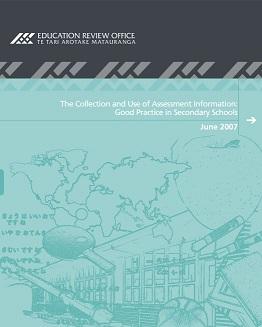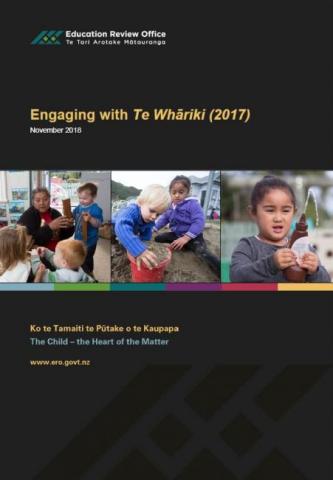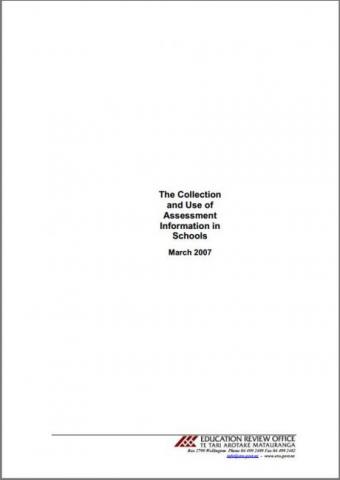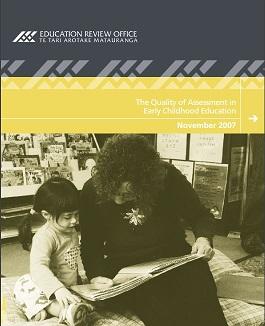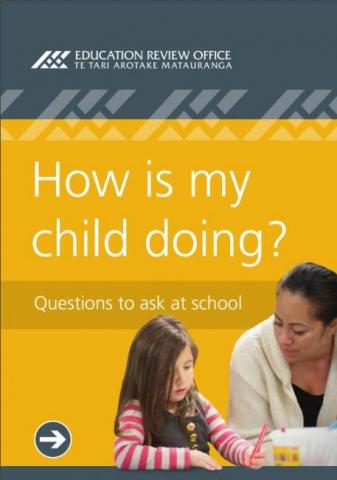Awareness and confidence to work with Te Whāriki (2017)
Published: 12 Jul 2018
In this evaluation, ERO wanted to find out how aware and confident leaders and kaiako in early learning services were as they began to work with the updated curriculum, Te Whāriki (2017).
- Audience:
- Education
- Parents
- Schools
- Content type:
- Research
- Topics:
- Te Whāriki
- Teachers | Kaiako




